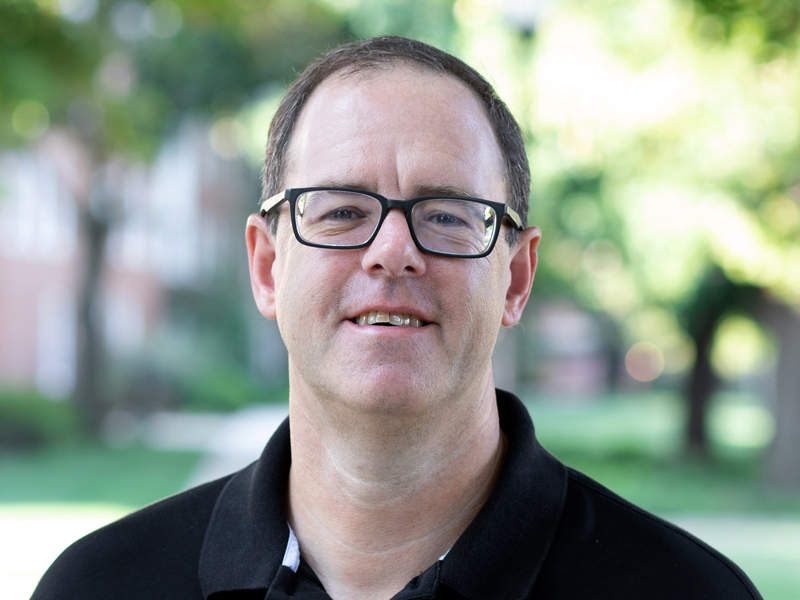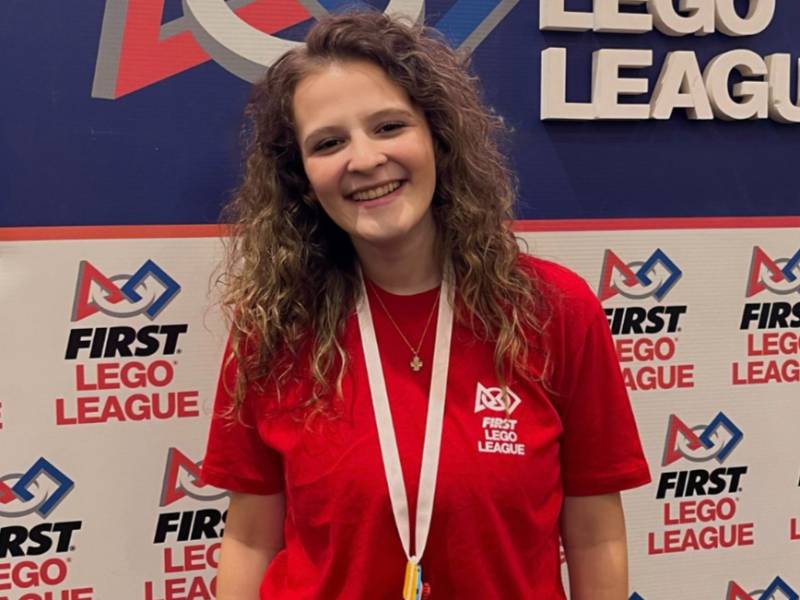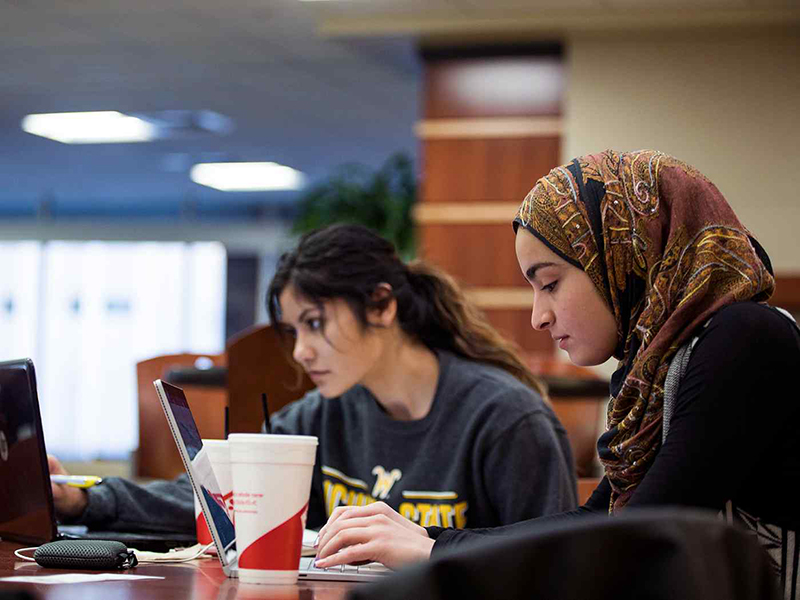Kate Nance’s 8-year-old computer handles most of her demands, except complex statistical
programs critical to her graduate sociology classes.
Nance, a graduate teaching assistant in the sociology department, worried that the looming move to remote learning at Wichita State University would set her back in statistics-heavy classes. Her department loaned her a computer capable of handling programs such as IBM SPSS Statistics and possessing a reliable webcam for Zoom meetings that are now a requirement.
Wichita State’s move to remote learning during the COVID-19 pandemic is a stressful change for students, faculty, and staff. The university spent much of its planning time finding ways to reduce that stress through phone calls, internet portals, and outreach to keep resources and answers easily available.
“I’m under the impression WSU has done everything in its power to make this as painless as possible for students,” Nance said. “They are trying to make sure that whatever students had to access to on campus, they would have access off campus.”
As the COVID-19 threat increased, Wichita State’s administration and faculty planned to move classes online. Beyond the technology and mechanics, however, they knew they needed to also address the uncertainty, upheaval, and concern. Nance had many questions answered via the university website and communication with her department.
“It was nice to hear back from someone quickly and feel that someone was helping,” she said. “It was a pretty uncertain time.”
Aerospace engineering major Cole Lynch’s uncertainty centered on his senior design class in which he and three classmates needed to use CATIA and other software to build a semi-autonomous drone. He hesitated to return home to Chicago, unsure if he would have access to the necessary tools.
“Senior design is a pretty difficult class to teach online, seeing as we have to build a plane,” Lynch said. “I was stuck in this weird place . . . where I have a project going on with three other people, and we have to use computer software, which I don’t own.”
Dr. L. Scott Miller, aerospace engineering department chair, sent Lynch home for safety and helped all the students prepare for the demands of the class remotely.
“He has gotten us remote access . . . I believe in under a week, which is pretty amazing,” Lynch said. “The bigger part is that Dr. Miller is willing to put his neck on the line and … get us the best education possible.”
Provost Rick Muma – between emails, Zoom meetings, and videos – watched as faculty and staff collaborated to help students and help each other.
“I’m seeing a lot of positive outreach by faculty and staff to students in really creative ways,” he said. “What you see in these kinds of environments is people coming together in situations they don’t normally. We’ve seen all kinds of examples – folks who never taught online before are being assisted by faculty who have experience.”
OneStop Student Services’ call capabilities played a significant role in its ability to check on students, especially those who might lack remote-learning experience and equipment. The week before classes went online, OneStop’s team called more than 700 students who had not taken an online class to offer help and point them to Wichita State’s online support for tutoring, advising, and wellness.
On March 30, OneStop sent out an automated call to all students reminding them about the start of classes and offering support.
The week before classes went online, OneStop’s team called more than 700 students who had not taken an online class to offer help and point them to Wichita State’s online support for tutoring, advising, and wellness.
“We have a need for the students to make sure they’re connected to information,” said Lisa Hanson, director of OneStop.
The College of Applied Studies started a twice-weekly family hour on Zoom for people to share their children, pets, art, podcasts, and more.
Deans sent out encouraging emails, detailing how to stay connected and how people are working to handle the situation. The Media Resource Center’s Instructional Design and Access Department prepared for weeks to help faculty and students comfortably move to remote learning. Departments offered laptops and hot spots for those who didn’t own suitable work-at-home capabilities.
Stephen Arnold, interim dean in the College of Health Professions, emailed his encouragement to colleagues and students.
“Standing offer: If you have ANY questions, or if you just want someone to chat with, pick up the phone, email me, Zoom me, send me a chat message in teams. I’m here to support you in any way needed,” Arnold wrote. “Reach out to your colleagues. Stay connected!”
Muma is mindful of the financial and family difficulties brought on by the pandemic outside of university operations. Now that remote learning is launched, Muma said he wants to focus on helping people navigate the uncertainty over the next 30 days.
“People are really affected by this in various ways, in their personal life,” he said. “This really has a lot of people unnerved, so I’m seeing people provide support there.”


 Staff photo
Staff photo



